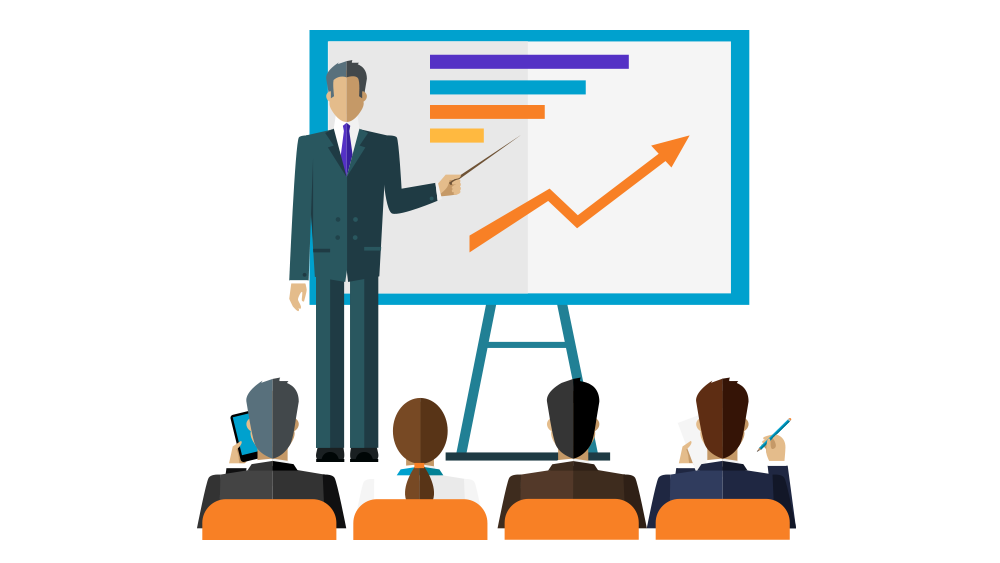

The Train the Trainer program will increase your confidence in this arena by a thousand-fold. You’ll be shocked at what you can do once you’ve been properly educated in the intricacies of this field. This course is also extremely valuable for anyone in oil & gas, petrochemicals, sales, networking or any business where you are required to give presentations to large groups or interact one-on-one. Train the Trainer will change your life personally, professionally, and financially.
By the end of this course delegates will be able to:
Executives, Managers, Supervisors, Team Leaders, Superintendents, Financial Officers and Controllers, Process Managers, Strategic Planning Managers, Key Personnel, Champions, Officers, Management Professionals, Coordinators, Organizational Leaders who make key business decision, Front-Line Supervisors, Project Managers, Human Resources Professionals, Directors.
Understanding How Adults Really Learn
Different Learning Styles and How to Accommodate Them
Engagement Strategies for Enhanced Learning
Energizing Computer-Based Training
Taking on E-Learning
Combining Media to Make an Impact
Presenting Information for Optimum Comprehension and Recall
4 Key Presentation Strategies
Handling “Difficult” Candidates with Ease
Listening Skills
How to Field Questions
Facilitating Activities and Giving Clear Directions
Brain-Compatible Training Techniques
Presentation Skills: Voice & Body Language
The Do's and Don'ts of Presenting
Opening a Training Session
Closing a Training Session
Managing the Classroom/Training Room
Physical & Mental Energizers
How to Debrief an Activity
How to Give Feedback/Coaching
Creating an Optimum Training Environment
Needs Assessments and Surveys
Crafting Clear Training Objectives
Instructional Design Strategies & Tools
CDGA attendance certificate will be issued to all attendees completing minimum of 75% of the total course duration.
| Code | Date | Venue | Fees | Register |
|---|---|---|---|---|
| HR151-02 | 06-04-2026 | Kuala-Lumpur | USD 10710 | |
| HR151-03 | 05-07-2026 | Doha | USD 9810 | |
| HR151-04 | 04-10-2026 | Dubai | USD 9810 |
 Successful Tools from Design to Delivery.jpg)
Trainers are the centerpiece of a memorable and successful training session.
 Developing Objectives, Establishing Messages & Achieving Success.jpg)
The training field can change fast, which makes training for trainers crucial. New methodologies. New discoveries about the way adults learn. Changing expectations from trainees and from your company. ...
 A Complete Guide for Master Trainers & T&D Professionals.jpg)
This course guides participants through a number of important stages for trainer development. The journey begins with an overview of what makes adult learning unique, and passes through a comprehensiv ...
.jpg)
Training of Trainers (TOT) program provides you with deep insights into the art of training and facilitation of educational techniques as well as the know-how of developing an interactive course curri ...
Providing services with a high quality that are satisfying the requirements
Appling the specifications and legalizations to ensure the quality of service.
Best utilization of resources for continually improving the business activities.
CDGA keen to selects highly technical instructors based on professional field experience
Since CDGA was established, it considered a training partner for world class oil & gas institution
3012, Block 3, 30 Euro Business Park, Little Island, Co. Cork, T45 V220, Ireland
Mon to Fri 09:00 AM to 06:00 PM
Contact Us anytime!
Request Info